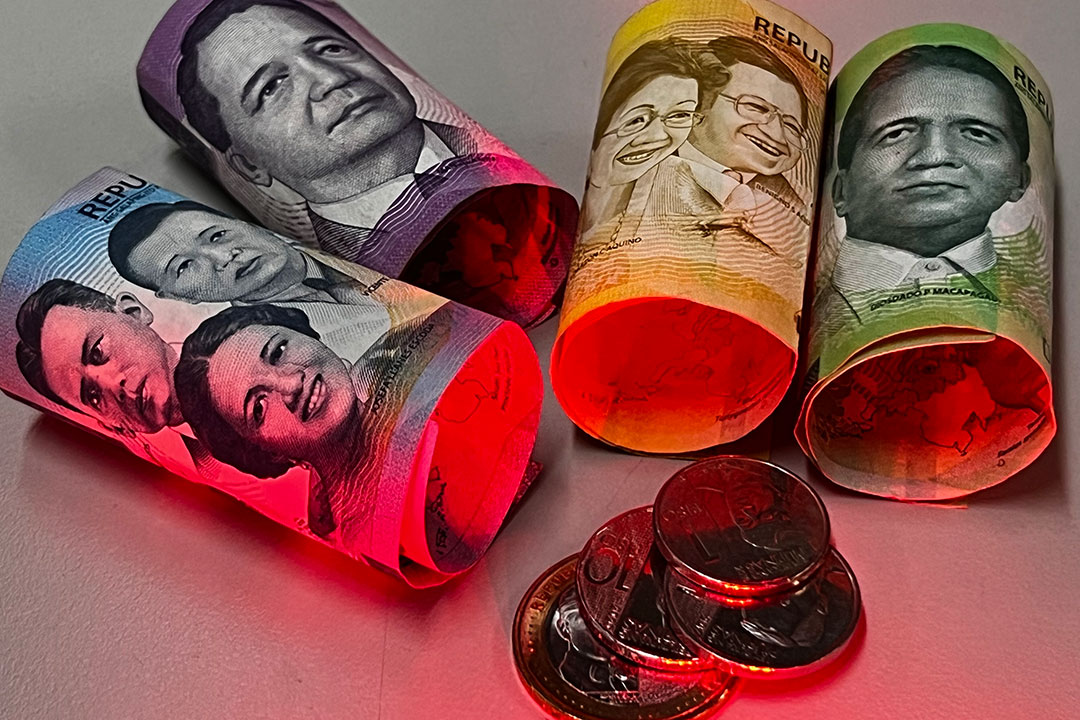
THE PHILIPPINES is working on initiatives like procurement reform to achieve budget transparency, but it will take time to mainstream these initiatives, Budget Secretary Amenah F. Pangandaman said.
Ms. Pangandaman, who also chairs the Philippine Open Government Partnership (OGP) Steering Committee, said: “It’s a long way to go before we can actually mainstream this across all National Government agencies.”
OGP is a global initiative to make governments more transparent, accountable, and responsive to citizens. It is staging its regional convention in Manila this week.
The Philippines amended a decades-old procurement law via the New Government Procurement Act, which sets up an online marketplace where agencies can directly procure supplies and equipment from vetted suppliers.
“We have a medium like this for us to be able to push forward our commitment to open government,” she said.
In the Philippines, six local government units including South Cotabato, Baguio City, Quezon City, Tagbilaran City, Borongan City and the Municipality of Larena, Siquijor actively participate in the OGP Local Program.
South Cotabato Governor Reynaldo S. Tamayo, Jr. said two pilot OGP projects are open contracting and open monitoring.
“In open contracting, we involve civil society organizations in the bidding process. They are part of the Bids and Awards Committee. They observe the process of bidding online,” Mr. Tamayo said.
He also noted that the province created a Monitoring Committee, of 11 members, with a chairman and half of the committee belonging to civil society organizations.
“They are the ones who scrutinize, and monitor the project, and if the contractor has a 15 negative slippage or above, they cannot bid for another project for a year. They will be banned in our province,” Mr. Tamayo said.
President Ferdinand R. Marcos, Jr., who was attending the OGP event, said that the country can only truly participate in governance if they have access to information.
“This access is made possible by government transparency, digitalization, and the institutionalization of the Freedom of Information (FoI) through legislation, which is a constitutionally recognized principle,” Mr. Marcos said.
He also said that the FoI is one of the many ways that the Philippines has been keeping its commitments to OGP.
Hosted by the Philippine Open Government Partnership chaired by the DBM, the 2025 OGP Asia and the Pacific Regional is taking place between Feb. 5 and 7. — Aubrey Rose A. Inosante
